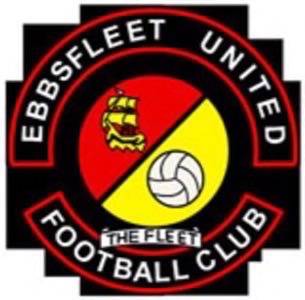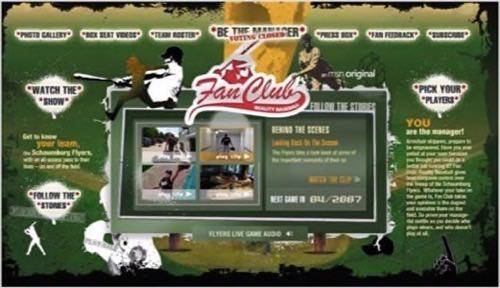Earlier this year MyFootballClub.co.uk was launched with the intent to gather together a crowd of football-obsessed Internet users to pool resources and buy a minor English football club. About 50,000 members paid ¬£35 (US$72.42), creating a fund of about ¬£1,375,000, and today the site announced that they had parlayed that cash into a deal in principle to acquire a majority stake in English minor league football club Ebbsfleet United for US$1.45 million. The site’s members will have the option to buy the entire club in the future at a fixed price.

“MyFootballClub members will own the club, vote on team selection, decide which players to buy and sell and guide the club up the leagues,” proclaimed the web site this morning. According to Reuters the club welcomes the fan involvement, with management looking forward to using the influx of cash to expand the club. “During and after matches, Ebbsfleet supporters often give me their opinion on which players should or shouldn’t start games. Now they can have their say,” Coach Liam Dash told the BBC. But the excited Brits need only look Stateside to see that the wisdom of crowds is not always so wise when applied to professional team sports.
In June of 2006, the Schaumburg Flyers, a minor league baseball team from a small town outside of Chicago, Illinois, decided to try an experiment. They handed control of the club over to fans for the second half of the season. The idea wasn’t new. In 1951, St. Louis Browns owner Bill Veeck, a man known for his crazy publicity stunts, engineered “Grandstand Manager’s Day,” in which thousands of fans directed his club to a 5-3 win over the Philadelphia Athletics by using “yes” and “no” placards from the stands to dictate on field decisions.

In the Flyers’ case, the team partnered with MSN to launch a web site called Fan Club: Reality Baseball at which fans could vote on managerial moves such as setting up the roster. Unfortunately for the team, unlike the 1951 Browns game, of which Veeck later said, “Never has a game been called better,” the Flyers’ season went bust in the hands of its fans.
In the first half of 2006, the Flyers were a respectable club. They had a record of 31-17 and lead the Northern League’s Southern Division. In the second half, under the guidance of armchair managers, as MSN called fans who participated in the Fan Club site, the team went 15-33, the worst record in the league, and turned a promising start into a disappointing fourth place finish.
By the end of the season, manager Andy McCauley, who was initially wary of the idea, had grown tired of it. The fans routinely made oddball decisions — like batting the team’s slow, low on-base percentage catcher in the two spot — and the team was losing. “No one, I don’t care what your job is, likes to be told what to do, let alone from 10,000 guys sitting on their couches,” McCauley said.

So what does the Schaumburg Flyers’ miserable experiment tell us about the future prospects for Ebbsfleet United? There is at least one major difference between these two ideas (besides the sport) that make it harder to draw conclusions: in the case of MyFootballClub.co.uk, the fans actually own the team, so they have a vested financial interest in seeing the team succeed. This is a significant difference between Ebbsfleet and Schaumburg that might result in better decision-making by the fan-owners. Beyond that, though, there are a lot of similarities. Can football fans have more success than baseball fans in guiding a team via crowd wisdom? We’ll have to wait and see.
Photo credit: FootballConference.co.uk.

















